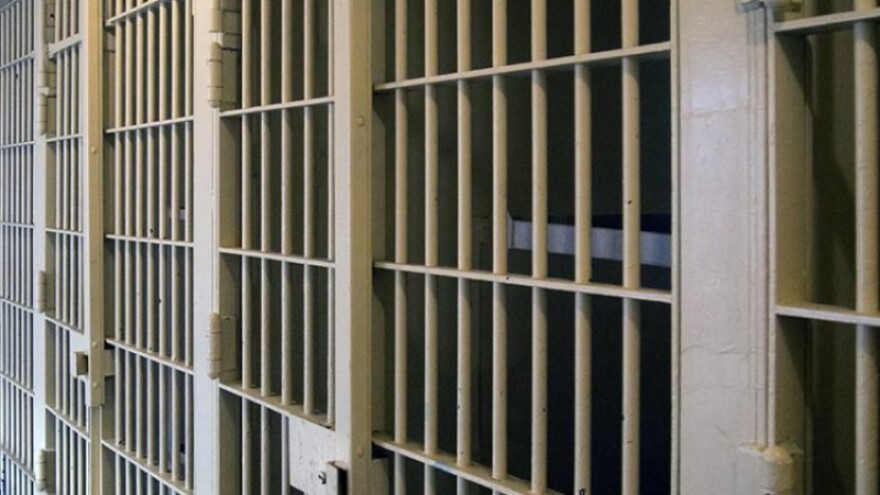Michigan prisoners could gain new ways to shorten their sentences under legislation introduced Tuesday in the state Senate.
The bi-partisan package would offer productivity credits in exchange for taking part in work training or education programs.
Senator Jeff Irwin (D-Ann Arbor) co-sponsors the package. He said the policy would help people who are in prison be more successful once they're released.
“If we believe in rehabilitation, if we believe in the idea that our prisons are places where we’re working toward rehabilitation, then it’s important that we bring back some of these policies that can help promote positive behavior,” Irwin said.
Under the package, the sentence reductions would happen in chunks ranging from 10 to 120 days. The productivity credits would be capped at 20% of a minimum sentence.
According to a press release about the legislation distributed by Senate Democrats, people convicted of serious crimes like murder or criminal sexual conduct wouldn’t be eligible for the credits.
The Senate package mirrors one in the Michigan House of Representatives that was introduced over a year ago.
As Bridge Michigan noted last year, those bills stalled after receiving pushback from both sides of the aisle.
Minutes from a committee hearing show the bills receiving support from a coalition including the Conservative Political Action Coalition, but also opposition from some law enforcement groups and the Michigan Domestic and Sexual Violence Prevention and Treatment Board.
In written testimony, board chair Elizabeth Pollard Hines shared concerns about the impact the House bills would have on victims and their safety.
“[M]any victims could be negatively impacted after enduring and surviving horrific crimes and still not know when their offender will be released,” she wrote.
In the past, Michigan had offered ways for people in prison to cut down on their sentences. But a 1998 law, referred to as Truth in Sentencing, required all prisoners to serve their entire minimum sentence.
Before that, voters approved a 1978 ballot initiative that severely cut back on sentence-shortening programs. That initiative could also spell trouble for the new Senate package.
Some have speculated whether a bill in the House package, which amends part of the law that the initiative also dealt with, would require a three-fourths majority vote to pass. That’s because changing voter-initiated laws in Michigan generally require that supermajority.
Supporters suggest it wouldn’t. An opinion from the state attorney general on the matter has been requested but not yet offered.
The Senate bills are also being introduced in the context of an election year, in which lawmakers may not be willing to take political risks.
But Irwin is remaining optimistic the bills can still pass.
“Let’s create a system where we can save money, improve safety inside of our prisons and do a better job of supporting rehabilitation and reducing recidivism at the same time,” he said.





